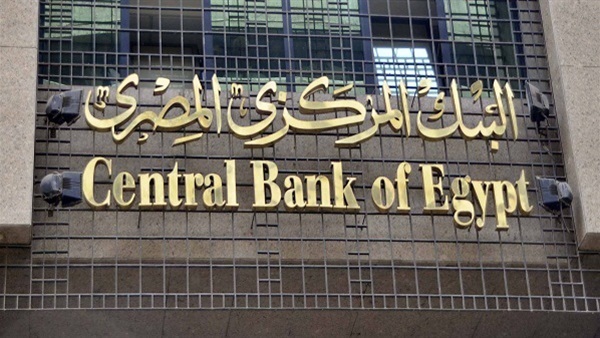The Central Bank of Egypt (CBE) finally bowed to financial pressure, devaluing the Egyptian pound by 13 percent on Monday – a month after Venezuela did the same.
In February, Egyptian pound officially traded for 7.83 against the dollar, going for 8.75 on the parallel market, with the central bank trying to manage the 12 percent gap between both sides.
The 13 percent devaluation is expected to close the gap between both markets as the CBE devalued to 8.85 in a bid to run a more flexible foreign exchange policy in Egypt.
In a statement by the central bank of Egypt on Monday, the apex bank said the move was to adopt “exchange-rate levels that reflect the strength and real value of the local currency in a short period of time”.
Advertisement
Egypt was initially highlighted as one of the four countries that, like Nigeria, have refused to devalue their local currencies despite fiscal pressures.
The countries are down to three: Angola, Tajikistan and Uzbekistan.
Tajikistan’s somoni trades for 7.8 against the dollar on the official side, as against 8.15 on the parallel market, which is four percent difference.
Advertisement
Uzbekistan is also holding firm at a 110 percent difference in official and parallel market, the soum trading at 2,837 against the dollar officially, and at 5,950 to the dollar at the parallel market.
Angola’s kwanza is very close to Nigeria’s naira, with the official rate being 161, while the black market value is about 136 percent more at 380 to the dollar.
Nigeria, though, is unlikely to toe the devaluation path, as President Muhammadu Buhari has always insisted that he will not be killing the naira by devaluing it.
The president, who said the naira was killed by former head of state, Ibrahim Banbangida’s structural adjustment programme(SAP), added in an interview with BBC that he had asked the CBN and others “to sit and see if they can convince” him “to murder the naira”.
Advertisement
Add a comment







